
Tallahatchie County is a county in the U.S. state of Mississippi. At the 2020 census, the population was 12,715. Its county seats are Charleston and Sumner.

Sumner is a town in Tallahatchie County, Mississippi. The population was 407 at the 2000 census. Sumner is one of the two county seats of Tallahatchie County. It is located on the west side of the county and the Tallahatchie River, which runs through the county north–south. The other county seat is Charleston, located east of the river. Charleston was the first county seat, as settlement came from the east, and it is the larger of the two towns.

Lucius Quintus Cincinnatus Lamar II was a Confederate soldier, American politician, diplomat, and jurist. A member of the Democratic Party, he represented Mississippi in both houses of Congress, served as the United States Secretary of the Interior, and was an associate justice of the Supreme Court of the United States. He also served as an official in the Confederate States of America.
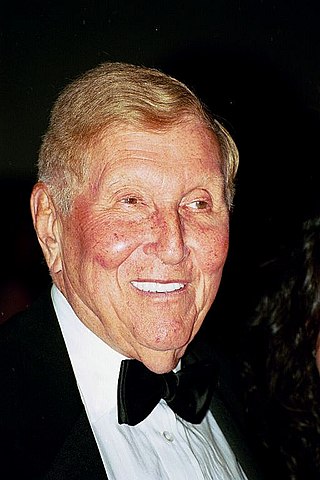
Sumner Murray Redstone was an American billionaire businessman and media magnate. He was the founder and chairman of the second incarnation of Viacom, chairman of CBS Corporation, and the majority owner and chairman of the National Amusements theater chain.

Pinckney Benton Stewart Pinchback was an American publisher, politician, and Union Army officer. Pinchback was the first African American governor of a U.S. state and the second lieutenant governor. A Republican, Pinchback served as acting governor of Louisiana for 35 days from December 9, 1872 to January 13, 1873, during which ten acts of Legislature became law. He was one of the most prominent African-American officeholders during the Reconstruction Era.

General Edmund Kirby Smith was a senior officer of the Confederate States Army who commanded the Trans-Mississippi Department from 1863 to 1865. Before the American Civil War, Smith served as an officer of the United States Army.
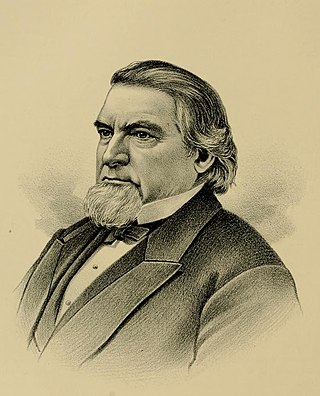
Cadwallader Colden Washburn was an American businessman, politician, and soldier who founded a mill that later became General Mills. A member of the Washburn family of Maine, he was a U.S. Congressman and governor of Wisconsin, and served as a general in the Union Army during the American Civil War.

Increase Sumner was an American lawyer, jurist, and politician from Massachusetts. He was the fifth governor of Massachusetts, serving from 1797 to 1799. Trained as a lawyer, he served in the provisional government of Massachusetts during the American Revolutionary War, and was elected to the Confederation Congress in 1782. Appointed to the Massachusetts Supreme Judicial Court the same year, he served there as an associate justice until 1797.
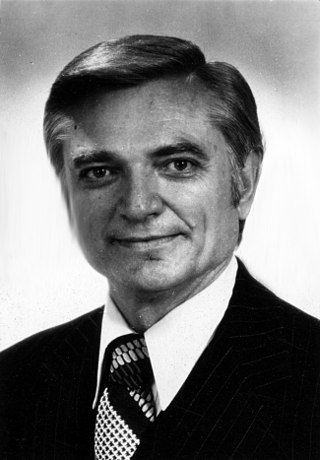
Charles Clifton Finch was an American politician who served as the 57th governor of Mississippi from 1976 to 1980.

Edwin Vose Sumner was a career United States Army officer who became a Union Army general and the oldest field commander of any Army Corps on either side during the American Civil War. His nicknames "Bull" or "Bull Head" came both from his great booming voice and a legend that a musket ball once bounced off his head.

Carnot Posey was a Mississippi planter and lawyer, and a Confederate general in the American Civil War. He was mortally wounded at the Battle of Bristoe Station.

James Robinson Graves was an American Baptist preacher, publisher, evangelist, debater, author, and editor. He is most noted as the original founder of what is now the Southwestern family of companies. Graves was born in Chester, Vermont, the son of Z. C. Graves, and died in Memphis, Tennessee. His remains are interred in Elmwood Cemetery in Memphis.
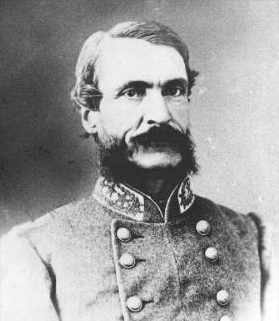
James Patton Anderson was an American slave owner, physician, lawyer, and politician, most notably serving as a United States Congressman from the Washington Territory, a Mississippi state legislator, and a delegate at the Florida state secession convention to withdraw from the United States. He also served in the American Civil War as a general in the Confederate States Army, serving in the Army of Tennessee.
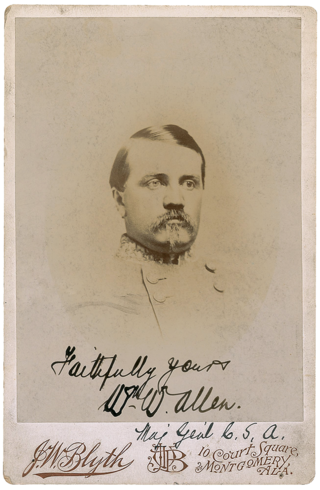
William Wirt Allen was a Brigadier general in the Confederate States Army during the American Civil War. He rose through the ranks to command a division in the Cavalry Corps of the Army of Tennessee in the last days of the war.

Tyree Harris Bell was a Confederate States Army brigadier general, during the American Civil War.

John Barr was a New Zealand politician representing labour interests. A stonemason by trade, he was involved in many organisations, was a community leader in Redcliffs and became Mayor of Sumner. The establishment of Redcliffs School is credited to him. He was a Member of the Legislative Council for 23 years, where he held the role of Chairman of Committees for the years before his death.
Jeptha Vining Harris was a brigadier general and later, after a year in private life, a colonel in the Mississippi State Troops, who fought in conjunction with the Confederate States Army in Mississippi during the American Civil War. His militia brigade served at Vicksburg, Mississippi during the Siege of Vicksburg. Harris and the brigade were part of the Confederate army surrendered to Union Army forces under then Major General Ulysses S. Grant on July 4, 1863. After being exchanged in July and mustered out in August, 1863, Harris returned to civilian life. On August 26, 1864, Harris was commissioned as a colonel of militia and given command of forces at Macon, Mississippi.
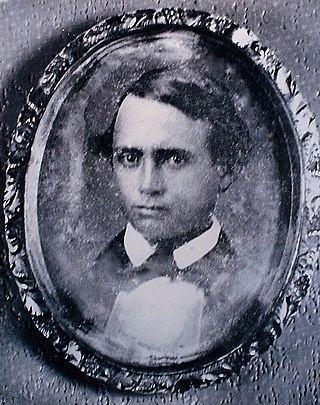
William Keolaloa Kahānui Sumner, Jr. was a high chief of the Kingdom of Hawaii through his mother's family; his father was an English captain from Northampton. Sumner married a Tahitian princess. Aided by royal family connections, he became a major landowner and politician in Hawaii.

Anthony Bledsoe Shelby was a justice of the Supreme Court of the Republic of Texas from 1839 to 1841.

The Syphax family is a prominent American family in the Washington, D.C., area. A part of the African-American upper class, the family is descended from Charles Syphax and Mariah Carter Syphax, both born into slavery. She was the daughter of an enslaved woman and planter George Washington Parke Custis, only grandson of First Lady Martha Washington.

















